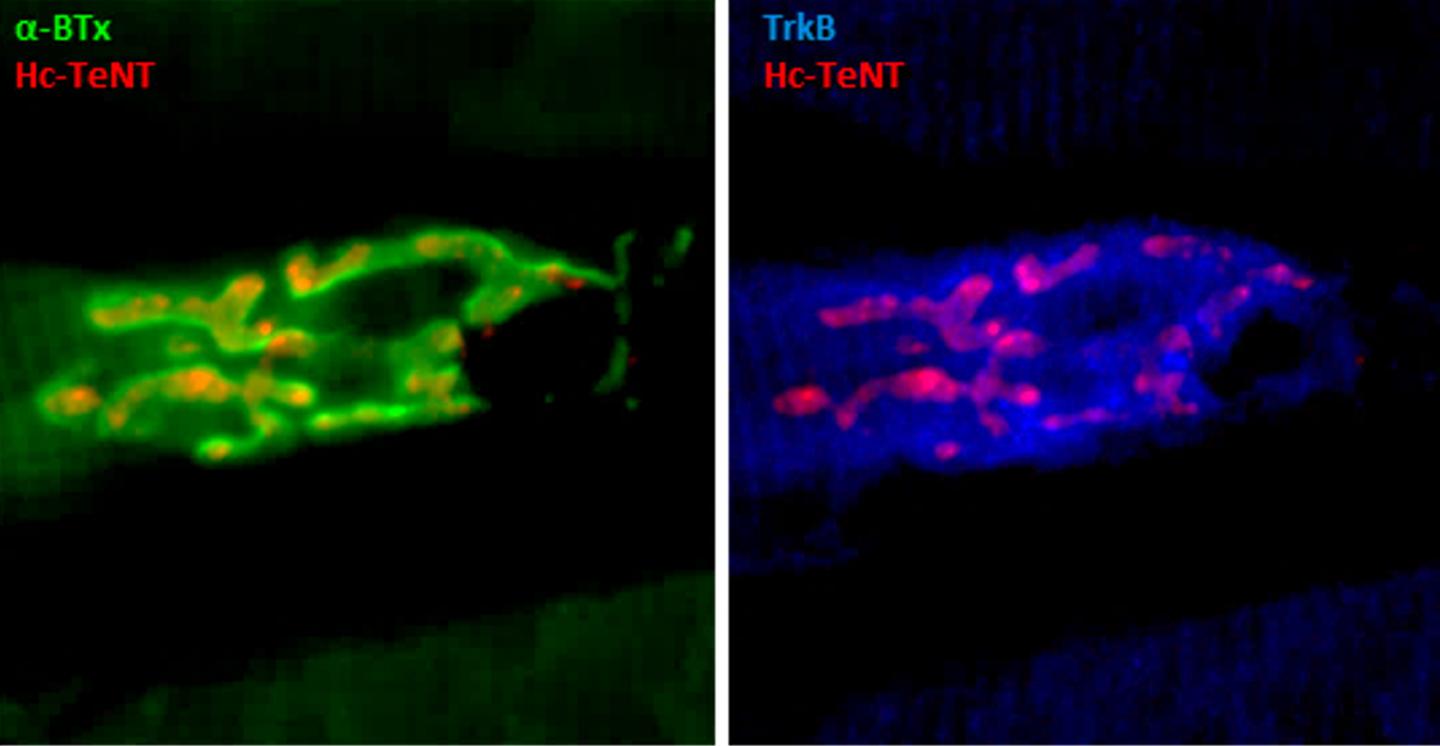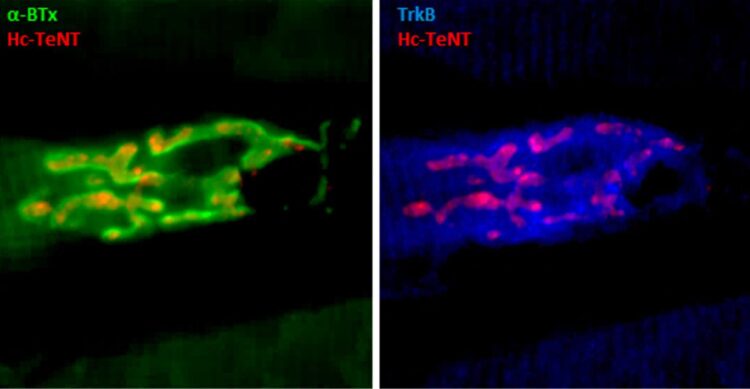
Credit: UAB
Depression has been treated traditionally with inhibitors of serotonin reuptake in the central nervous system. These drugs do not come without side effects, such as lack of immediate therapeutic action, the need for daily doses and the danger of becoming addicted to some of these drugs. That is why scientists continue to work on new therapies to treat depression.
In 2019, an international group of researchers co-led by Dr Yousef Tizabe from the Howard University College of Medicine in Washington, D.C., and Professor José Aguilera from the Department of Biochemistry and Molecular Biology and the Institut de Neurociències at the Universitat Autònoma de Barcelona (UAB), observed that a non-toxic derivative of the tetanus neurotoxin (which causes tetanus infections) improved depression symptoms in rat animal models. “One intramuscular dosis of Hc-TeTx made depression symptoms disappear in less than 24 hours, and its effects lasted two weeks”, explains Aguilera. Based on these findings, scientists began to work on discovering the mechanism through which this substance produces these effects.
In a recent study coordinated by Professor Aguilera and conducted in collaboration with the research group led by Dr Thomas Scior of the Benemérita Universidad Autónoma de Puebla (BUAP) in Mexico, researchers demonstrated that Hc-TeTx is capable of inhibiting the transport of serotonin within the central nervous system, by binding to neurotrophin receptors, proteins that induce the survival of neurons. These results, published in the journal Molecules, suggest that the drug may not only serve in treating depression, but also be useful in treating neurodegenerative diseases, such as Parkinson’s disease or amyotrophic lateral sclerosis (ALS).
According to researchers, the advantages of introducing Hc-TeTx as a new drug are evident. A biweekly or monthly dosis would allow medical professionals to control the progress. Since it is a recombinant product, there would be no problems with drug safety, production or high costs. Furthermore, in neurodegenerative cases, Hc-TeTx would stop the development of the pathology and at the same time eliminate any disease-related depressions.
Researchers recently patented the therapeutic use of Hc-TeTx for the treatment of depression, Parkinson’s disease and amyotrophic lateral sclerosis, and are now looking for investors to be able to conduct clinical trials on humans. “This is an important advance in science, and even more so now when in addition to the high incidence in depression and alterations in behaviours, we see mental alterations as a result of COVID-19 and the negative environments of stress, self-isolation or fear”, Aguilera concludes.
###
Media Contact
Jose Aguilera
[email protected]
Related Journal Article
http://dx.





